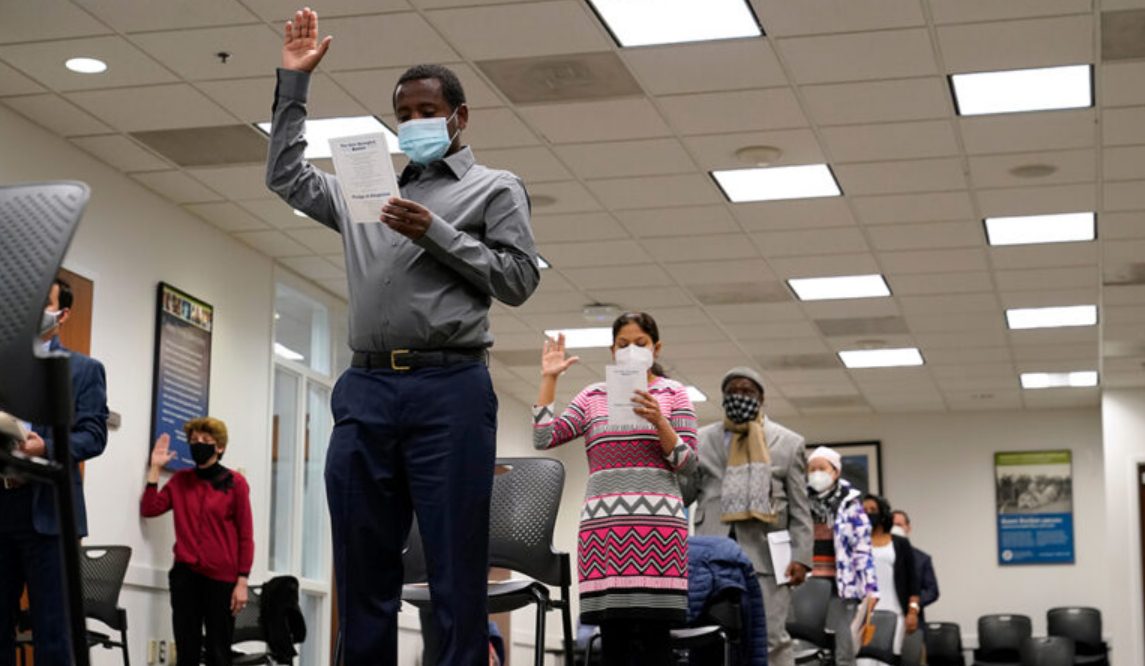In a recent discussion, the complex issue of whether Congress possesses the authority to regulate citizenship came to the forefront. The debate centers around the powers granted by the Constitution, particularly regarding immigration and naturalization.

Morgan, a commentator on the matter, emphasized that while Congress clearly holds the power to legislate immigration, the question remains whether it can also dictate the terms of citizenship. He drew parallels to constitutional stipulations, such as the requirement that only natural-born citizens can run for the presidency, highlighting how this has been interpreted in cases involving individuals like Ted Cruz and John McCain.
Judge Andrew Napolitano contributed to the discussion by clarifying the constitutional framework: Congress has authority over naturalization but not immigration itself. He argued that while Congress can set the processes for undocumented individuals to acquire citizenship, it cannot outright deny the possibility of citizenship based on the legal status of their parents without a constitutional amendment.
The conversation also touched on the significant number of children born to undocumented immigrants in the United States, a statistic that raises questions about the implications of citizenship laws. Morgan noted the challenge of enacting a constitutional amendment to address these issues, suggesting that instead, Congress might need to find ways to disincentivize illegal immigration through legislative measures.
Ultimately, the dialogue underscores the intricate balance of power between immigration policy and citizenship rights. As the debate continues, lawmakers face the challenge of navigating these constitutional boundaries while addressing pressing immigration issues in the country.